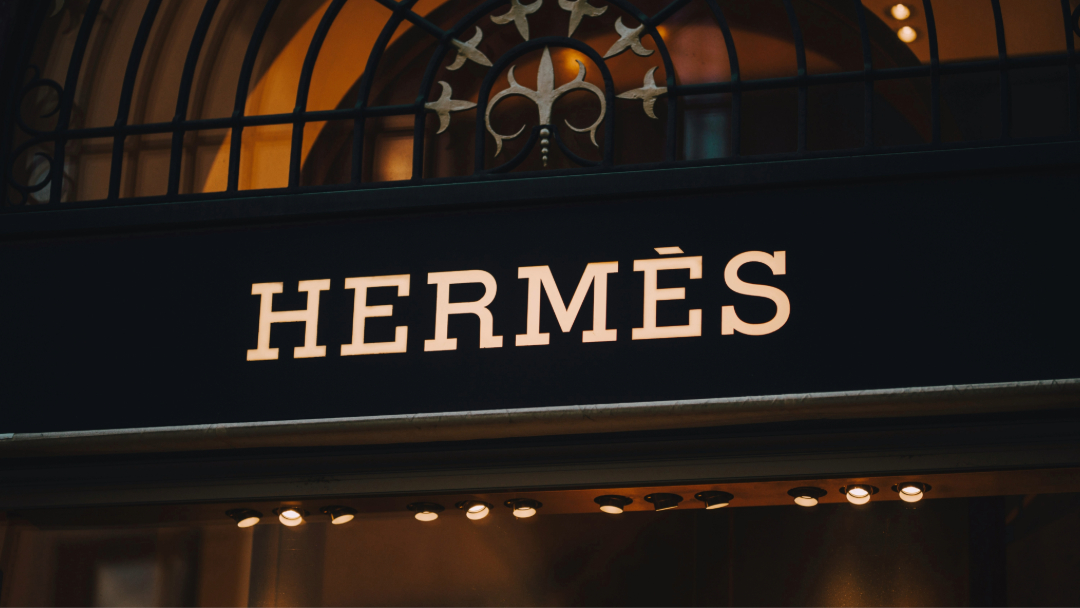Harrison Group and American Express Publishing Corporation, share the key insights from their 2011 Q4 Annual Survey of Affluence & Wealth in America

Harrison Group and American Express Publishing Corporation, share the key insights from their 2011 Q4 Annual Survey of Affluence & Wealth in America
Harrison Group and American Express Publishing Corporation, share the key insights from their 2011 Q4 Annual Survey of Affluence & Wealth in America
Affluent Americans present a diverse challenge for retailers this coming holiday season, as they shift from finding joy in material gifts, to focusing on relationships and experiences. The majority of affluent American consumers surveyed felt the economy has worsened since this time last year, and resultantly, the majority plan to cut holiday spending budgets. When choosing gifts, they will only buy products and services with “lasting, enduring value", as they “simply don’t need as much stuff”.
But it’s not all doom and gloom. Dr. Jim Taylor, Vice-President of Harrison Group, commented: “After four plus years of reprioritising and realigning their spending to match their values, affluent consumers are feeling quite good about themselves and their ability to maintain – and even increase – their family’s happiness and well-being." Sales will be down, but it’s not the result of increased anxiety over personal financial situations, but instead an increasing focus on value.
Conducting the report…
The survey sampled 769 affluent Americans with discretionary household incomes ranging from $100K to over one million dollars, and identified two key segments:
Bedrocks: discretionary income of $100K-$249K
Pinnacles: discretionary income of $250K+
For added context, the study also polled 839 consumers in a general population sample. The data reported was part of a re-contact study from the 2011 Survey of Affluence and Wealth in America.
“ The declines among the affluent population are not the result of increased anxiety over personal financial situations ”
Not so surprisingly…
Gift-giving budgets of affluent families are down, resulting in an overall decline of $1.04 billion. This decline is led by those with discretionary incomes of $100K to $250K, whose holiday spending budgets are projected to be 17% lower than in 2010. On the other hand, expenditure on gifts will be up 7% (to an average of $2,708) among those at the very top of the income spectrum, with discretionary incomes of $250K or more.
For the majority of affluent consumers (69%) the gifts they buy need to have “lasting, enduring value.” Travel and fine dining ‘experiences’ have increased in popularity, where one in three are planning to take a special trip this holiday season as a gift for their family and 13% would like a gift certificate to a restaurant.

Estimated holiday gift spending (total in billions)
Most surprisingly…
The declines among the affluent population are not the result of increased anxiety over personal financial situations. Twenty-nine percent of affluent consumers report that their household income is up over last year and 30% say the same about their assets.
Eighty-four percent say they are confident that they have the financial resources to weather a continuation of the recession or a double-dip recession. One in five affluent consumers say they are happier now than they were a year ago, and 76% testify that they are a “lucky person.”
“ After years of realigning spending to match values, affluent consumers are feeling good about their ability to maintain family happiness ”
Since the last study…
Gift-giving budgets of affluent families are down 6.1%, compared to 2010. Among the 14% who say they are trimming their gift budgets, 57% say this is because they “just don’t need as much stuff.” In 2010, the number one response to this question was “worried about the economy” and, interestingly, this answer is down 21 points in 2011, from 68% to 47%.
If readers remember only one thing it should be…
“Although the retail landscape might be a bit different from years past, affluent consumers are still excited about purchasing special gifts for their loved ones. They are willing to spend on items or experiences that will bring happiness, but their sense of resourcefulness will continue to be top of mind,” revealed Cara David, Senior Vice President of Corporate Marketing & Integrated Media at American Express Publishing.
“Expressions of happiness are being increasingly decoupled from the desire to acquire more and more things. The search for the holiday spirit no longer centres on the search for ‘stuff’ – it resides in family and in simplicity.”
For more information on this report and other services of the Survey of Affluence and Wealth in America, please contact Kristen Harmeling at [email protected]










